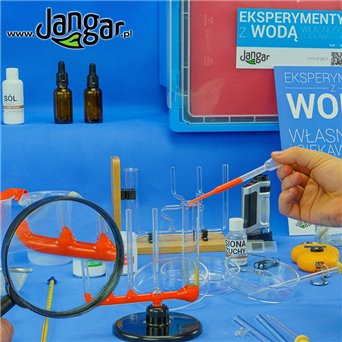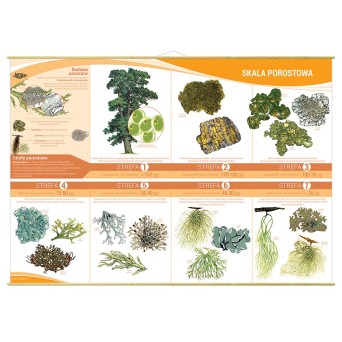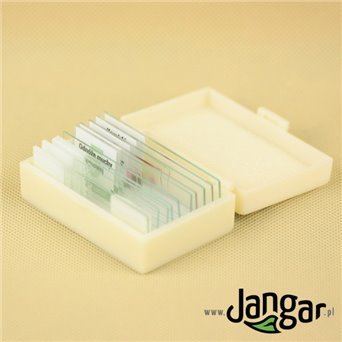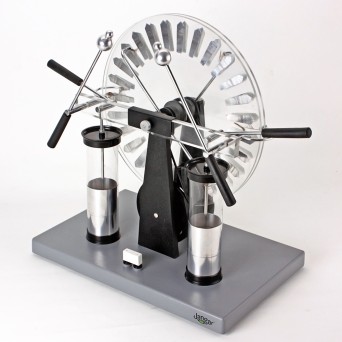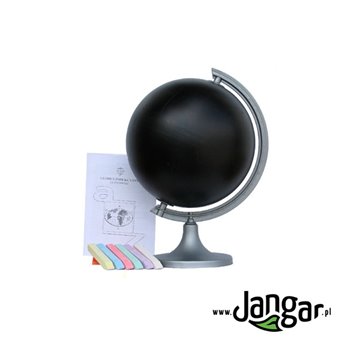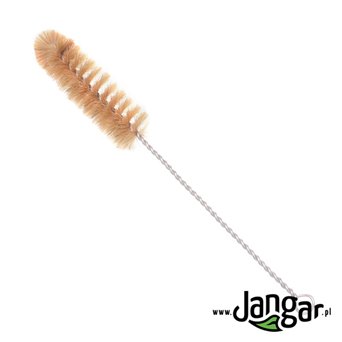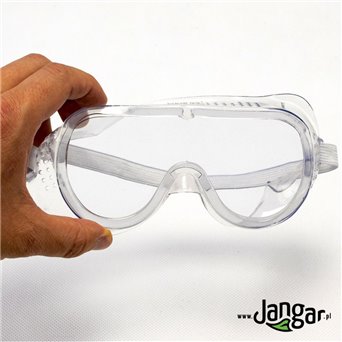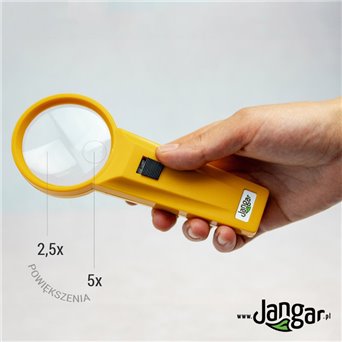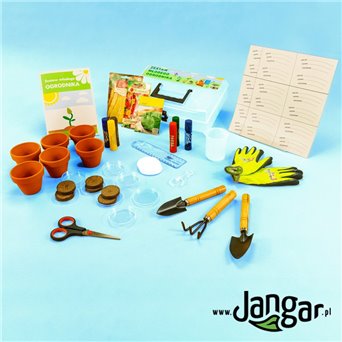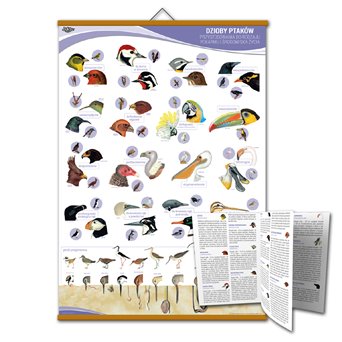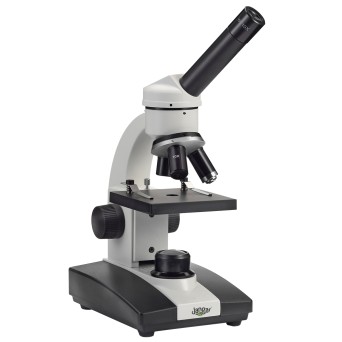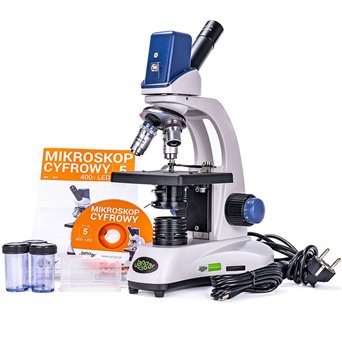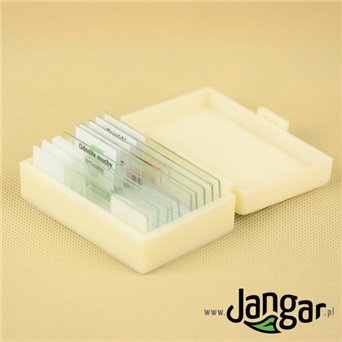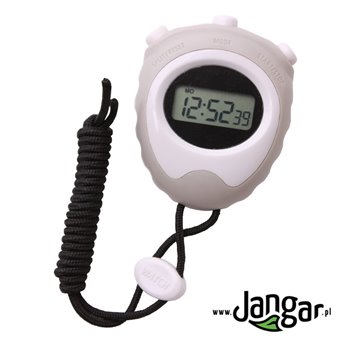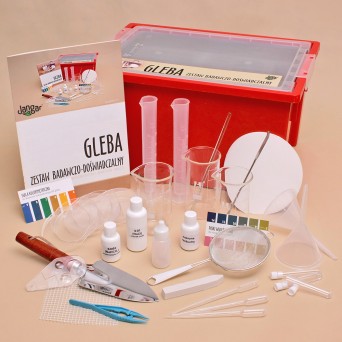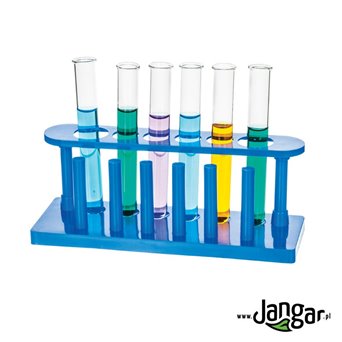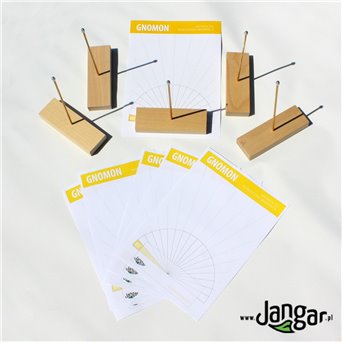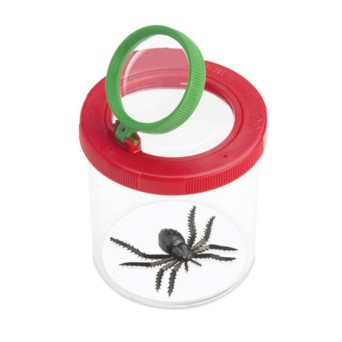
Well-equipped Natural Sciences Laboratories at schools should have a variety of teaching aids, kits, school supplies, and tools that cater to the needs of students and facilitate hands-on learning. Some examples of these supplies and tools include:
-
Microscopes: These are essential tools for studying cells, bacteria, and other microscopic organisms.
-
Glassware and lab equipment: This includes beakers, flasks, test tubes, pipettes, and other essential items used in chemical experiments.
-
Digital probes and sensors: These are used to measure temperature, pH levels, and other environmental factors in experiments.
-
Dissection kits: These include scalpels, scissors, and other tools needed for dissection experiments in biology.
-
Skeleton models: These are useful for teaching anatomy and physiology in biology.
-
Charts and models: These include charts and models of the human body, periodic table, and other important scientific concepts.
-
Interactive whiteboards: These are useful for displaying visual aids, notes, and diagrams during lessons.
-
Computers and software: These are essential for data analysis, research, and creating multimedia presentations.
-
Safety equipment: This includes gloves, goggles, aprons, and other personal protective equipment needed for lab experiments.
-
Reference materials: These include textbooks, encyclopedias, and other reference materials that students can use to research and learn about scientific concepts.
Having a well-equipped Natural Sciences Laboratory with these tools and supplies can help students develop practical skills and prepare them for careers in science, technology, engineering, and mathematics (STEM) fields.
To meet modern requirements and prepare students for their future careers, Natural Sciences Laboratories at schools should be equipped with the latest technology and equipment. This includes access to computers and software for data analysis and modeling, as well as advanced laboratory equipment such as microscopes, spectrometers, and DNA sequencers.
The laboratory should also have adequate space for students to work on experiments and conduct research projects. In addition, the laboratory should be designed to provide a safe and healthy environment for students, with proper ventilation and protective equipment.
To enhance the learning experience, the laboratory should be staffed with trained and experienced teachers who are able to guide students through the scientific method and help them develop critical thinking skills. The teachers should also have access to professional development opportunities to keep up with the latest advances in their field and be able to pass that knowledge on to their students.
Finally, the laboratory should be able to accommodate a range of learning styles and abilities. This may include providing additional resources for students who need extra help or allowing advanced students to pursue independent research projects.
By providing students with access to a well-equipped laboratory and skilled teachers, schools can prepare their students for success in a range of scientific fields and equip them with the skills they need for their future careers.







































































































































































































































































































































